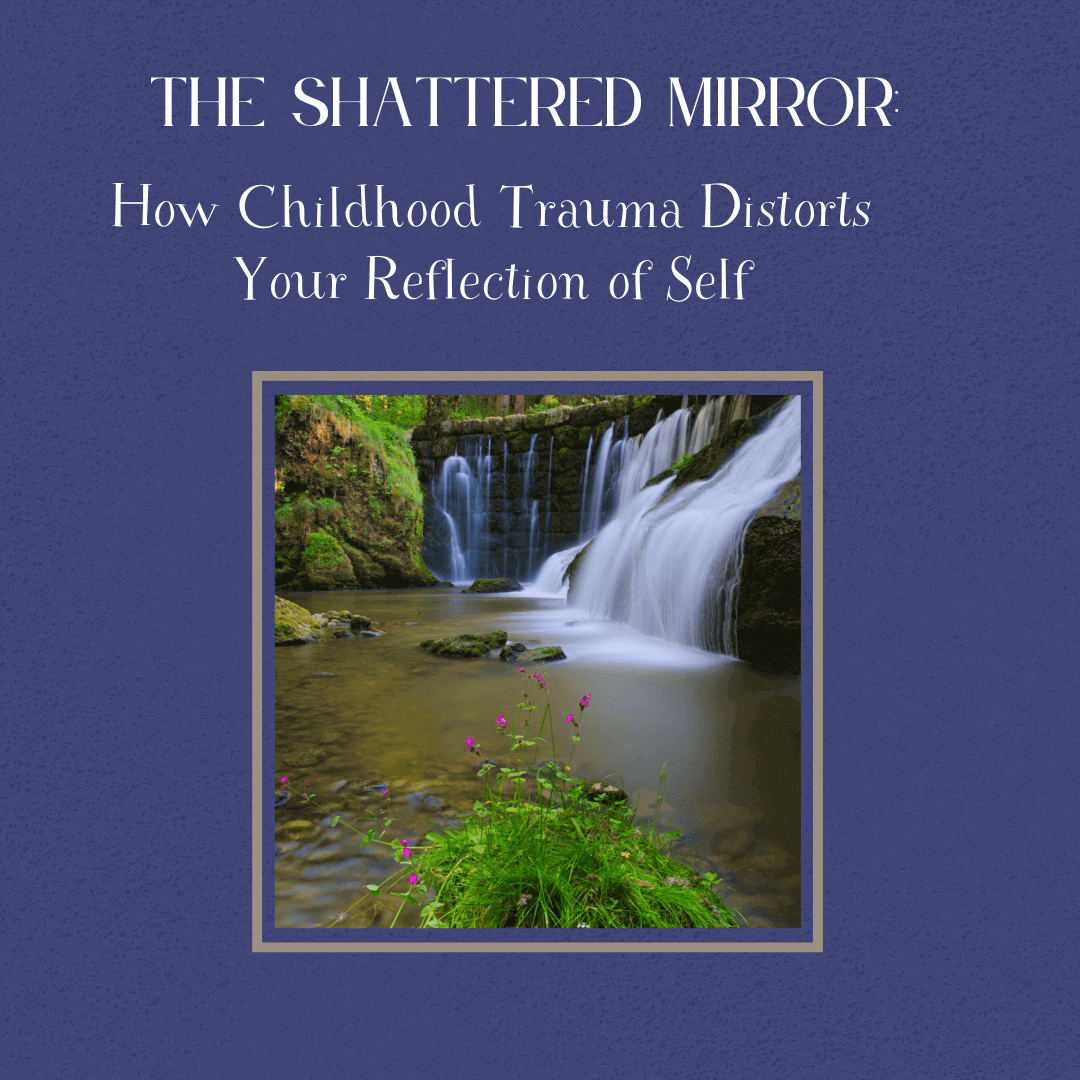Trauma Therapist Atlanta on The Shattered Mirror: Understanding How Childhood Trauma Distorts Your Reflection of Self
You may not remember the exact moment it started — the slow erosion of your confidence, the quiet voice inside that says, “Something must be wrong with me.” For many, this isn’t born from a single event but from a childhood marked by emotional neglect, criticism, or unpredictable love.
As a trauma therapist in Atlanta, I often meet people who feel lost inside their own lives. They’ve built successful careers, nurtured families, and checked all the “right” boxes, yet still feel like they’re performing a role rather than living as themselves. When you’ve grown up adapting to survive, it’s hard to know who you really are beneath the mask.
How Developmental Trauma Warps Self-Perception
Developmental trauma happens when emotional safety and attunement are missing during childhood — when love feels conditional, affection inconsistent, or boundaries blurred. These experiences shape how you see yourself, others, and the world.
Instead of developing a secure sense of self, you learned to adapt, to be who others needed you to be. Maybe you became the “helper,” the “peacemaker,” or the “high achiever.” Over time, these roles became a survival strategy. But deep down, they also taught you that your worth depends on performance or approval, not on simply being you.
When early relationships teach you that your needs are too much or your feelings don’t matter, the reflection you see in your internal mirror becomes distorted. You don’t see yourself — you see a reflection shaped by shame, fear, and survival.
The Subtle Signs of a Distorted Reflection
The impact of childhood trauma doesn’t always look like flashbacks or nightmares. It often shows up quietly in everyday life — through constant self-doubt, people-pleasing, or the inability to trust your instincts.
You might recognize yourself in some of these patterns:
You feel responsible for other people’s emotions.
You struggle to make decisions without second-guessing yourself.
Compliments make you uncomfortable because they don’t match how you feel inside.
You fear being “too much” or “not enough.”
You often replay interactions, analyzing what you said wrong.
Each of these is a reflection of an internal mirror that once cracked under the pressure to earn love instead of receiving it freely.
How Trauma Therapy Helps You Rebuild That Mirror
Healing begins when you learn to see yourself through a new, more compassionate lens. Trauma therapy helps you do that. It’s not about “fixing” who you are — it’s about helping you meet the parts of yourself that had to hide, protect, or perform to stay safe.
In therapy, you begin to explore:
How survival roles shaped your identity — and what it feels like to lay them down.
How to separate your worth from your performance.
How to trust your inner voice again.
How to feel at home in your body rather than living in constant self-surveillance or tension.
Through gentle, body-based approaches, we work on calming the nervous system so that your body no longer feels like an unsafe place to inhabit. As your body relaxes, your mind begins to follow — and your reflection starts to come into focus again.
Reclaiming the Pieces You Lost
Healing from childhood trauma is not about becoming someone new — it’s about remembering who you were before you had to forget.
You start to notice moments of stillness where you feel grounded, confident, or simply enough. You begin to choose relationships where you are valued instead of tolerated. You learn to speak kindly to yourself, even when you make mistakes.
The mirror may never be perfectly smooth — but its cracks can become part of your story, not a flaw in your identity. Each piece you reclaim reflects a part of you that was once hidden in shame. And when you bring those pieces back together, you don’t just see yourself more clearly — you begin to feel like yourself again.
You Deserve to Know Who You Truly Are
If you grew up with developmental trauma, the path back to yourself can feel unclear — but it’s never too late to begin. You are not broken; you adapted to survive. And now, you have the opportunity to heal, to reclaim your voice, and to rebuild a life that feels authentic and whole.
You don’t have to do it alone. If you’re ready to start seeing yourself through a kinder lens, trauma therapy can help.
Contact me today for a free 15-minute consultation to begin reconnecting with the person you were always meant to be.
Kristy Brewer is a therapist Atlanta offering online therapy in Georgia helping people find peace amidst the chaos. Her specialties include trauma therapy, attachment therapy for trauma within toxic relationships, anxiety therapy, depression therapy, and parents raising a traumatized child.
Request a free 15-minute phone consultation today by clicking here.

